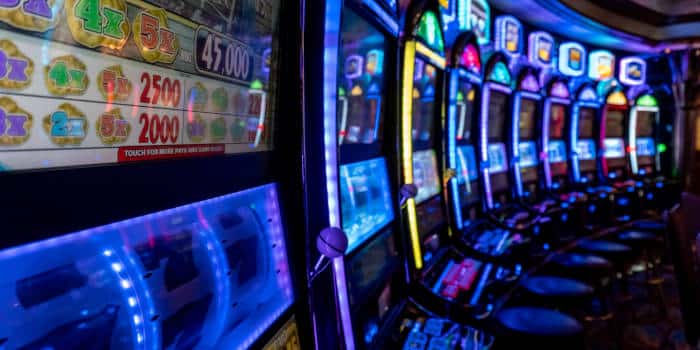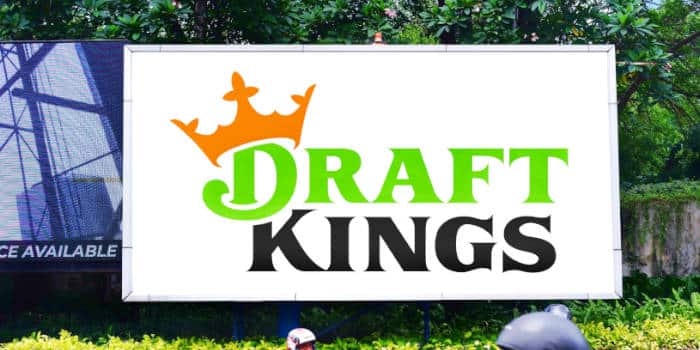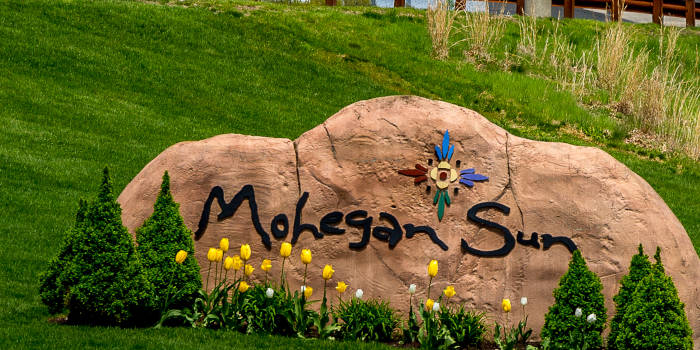- Casino
- By State
- Alabama
- Alaska
- Arizona
- Arkansas
- California
- Colorado
- Connecticut
- Delaware
- Georgia
- Florida
- Hawaii
- Idaho
- Illinois
- Indiana
- Iowa
- Kansas
- Kentucky
- Louisiana
- Maine
- Massachusetts
- Maryland
- Michigan
- Minnesota
- Mississippi
- Missouri
- Montana
- Nebraska
- Nevada
- New Hampshire
- New Jersey
- New Mexico
- New York
- North Carolina
- North Dakota
- Ohio
- Oklahoma
- Oregon
- Pennsylvania
- Rhode Island
- South Carolina
- South Dakota
- Tennessee
- Texas
- Utah
- Vermont
- Virginia
- Washington
- West Virginia
- Wisconsin
- Wyoming
- By State
- Slots
- Poker
- Sports
- Esports
New Jersey Bill Would Clarify How State Gaming Revenue Is Presented

According to the New Jersey Division of Gaming Enforcement (DGE), Atlantic City’s casino market is running strong. However, dissecting the results provided by the department, a discrepancy emerges. While the numbers reflect gross gaming revenue (GGR) last year of over $2.88 billion for the nine casinos and two sports gambling racetracks, this isn’t totally accurate. Much of that came from online operations, not from land-based gambling. A new bill introduced last week hopes to ensure that a more complete picture is painted when the DGE releases the revenue figures.
The Casino Property Tax Stabilization Act Dilemma
When Atlantic City’s casinos began to flounder, the Casino Property Tax Stabilization Act (CPTSA) was introduced to try to put the city back on track. Introduced in 2014, it was a way to guarantee the state a certain amount of income, based on gaming performance, as it helped the city recover. The legislation increased the property tax liability owed by the casinos, implementing a sliding scale based on GGR that determined the amount due. GGR of less than $2.6 billion would result in property taxes owed of $120 million and, should it reach $3.4 billion, the amount goes up to $165 million.
When the DGE reports the GGR, it includes the online gaming segment; however, in many cases, these operations are led by the casinos through a partnership with third-party vendors and gaming suppliers. As a result, the casino’s take is not the same as it is with its land-based operations. This results in a lopsided calculation of the property tax liability that grossly impairs the casinos’ revenue. As a clear example, the 2020 land-based revenue in Atlantic City was 43.7% less than it was in 2019, while iGaming revenue was up more than 100%. The casinos’ percentage of the online action was less because of their operating agreements, yet, according to the DGE, they took in substantially more revenue.
Assembly Bill 5587 to the Rescue
Assemblyman John Armato introduced Assembly Bill 5587 last week in an effort to correct the DGE’s misleading presentation of the revenue data. It would ensure that only the land-based revenue generated by the casinos is included in the figures, which are used by the DGE when it assesses the property taxes to be paid. While the bill provides some padding by requiring an additional $5 million annual payment under the CPTSA through 2026, this is favorable compared to tax liabilities as overall GGR continues to grow in New Jersey.
Casino operators are amenable to the changes introduced by Armato’s bill and have been hoping that modifications to the CPTSA would be made. Hard Rock Atlantic City President Joe Lupo made his thoughts known this past January when he asserted, “There is so much help that we really need with these properties — we need to see the city revitalized, and it’s not going to happen when the media is reporting increases when they add in online revenue that is going to third-party companies that don’t have any stake in the game… I don’t know why there isn’t more transparency in the reporting. This metric that we’re reporting all of the licensee revenues under the casinos isn’t giving the proper validity.”
Related Topics:
Erik brings his unique writing talents and storytelling flare to cover a wide range of gambling topics. He has written for a number of industry-related publications over the years, providing insight into the constantly evolving world of gaming. A huge sports fan, he especially enjoys football and anything related to sports gambling. Erik is particularly interested in seeing how sports gambling and online gaming are transforming the larger gaming ecosystem.
Must Read
Casino
July 8, 2025
WinStar Casino Shooting Suspect Still Missing
More Articles






Casino
July 11, 2025
IGT Reveals Multiple Jackpots Throughout June

Sports
July 11, 2025
DraftKings to Give Back Over $3M to Connecticut Users

Casino
July 11, 2025
Caesars Introduces Digital Wallet in Nevada

Sports
July 10, 2025
NJ Bans Sportsbook Deals With Public Colleges

Casino
July 10, 2025
Mohegan Sun Guest Wins $2M Gambling in Spanish 21










